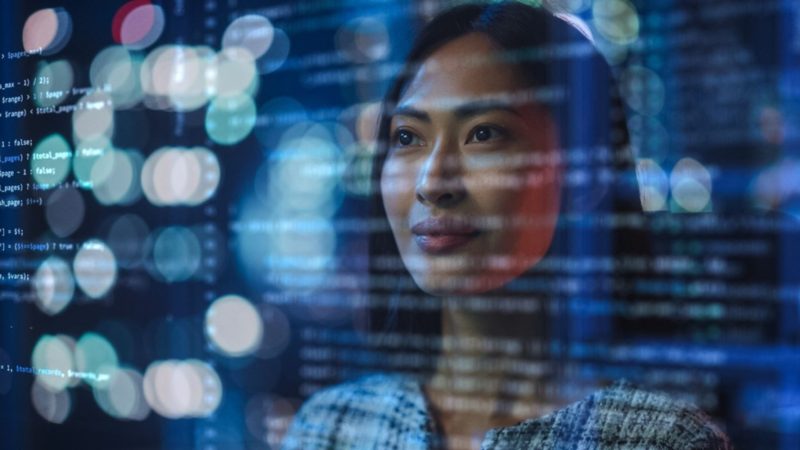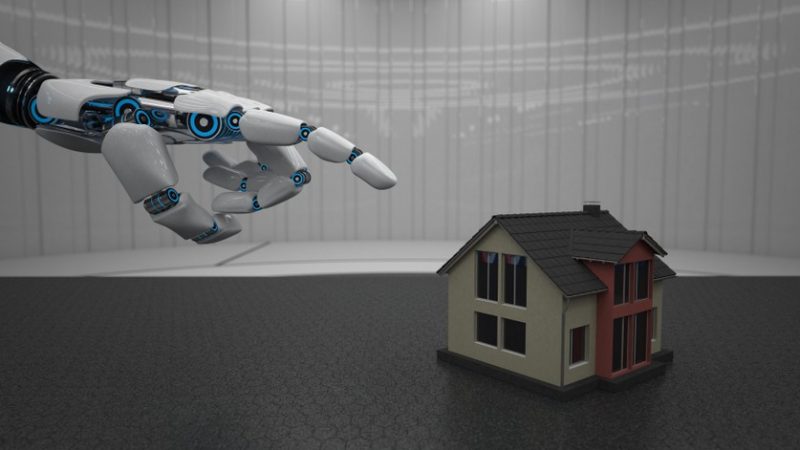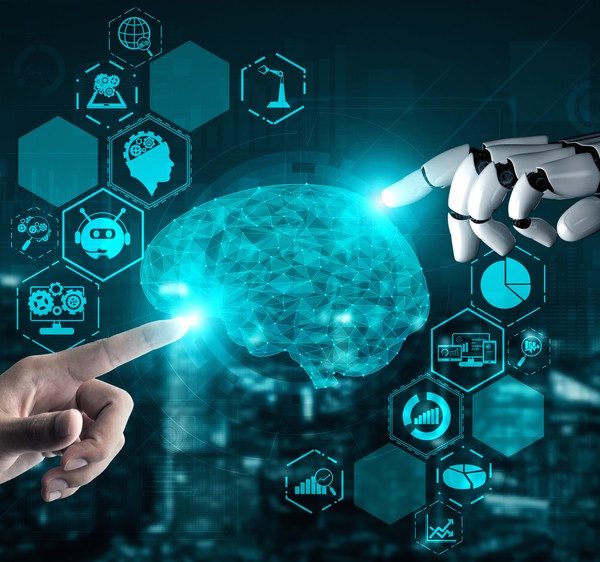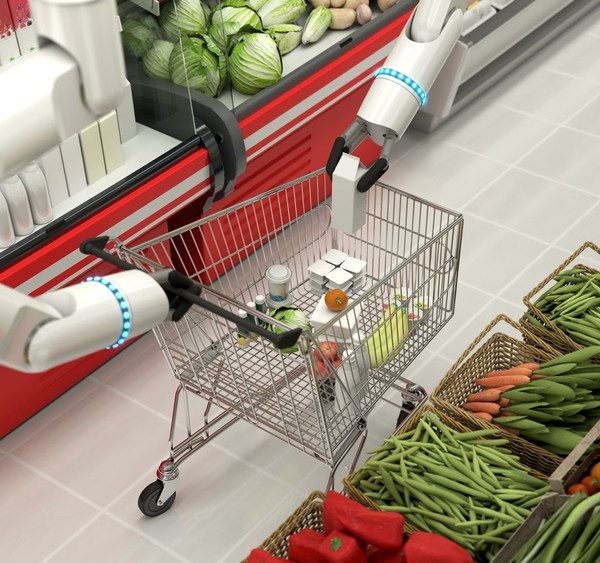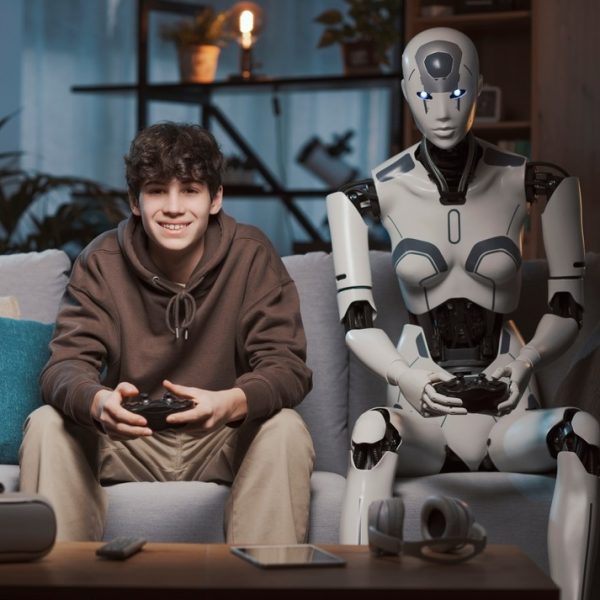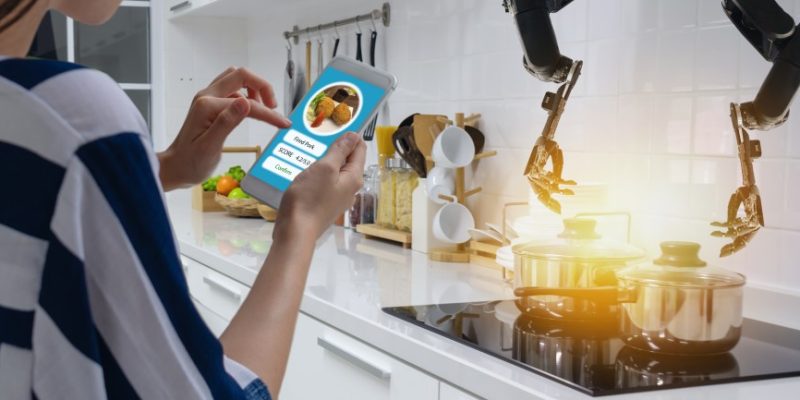
AI Generated Recipes: Can They Help You Cook Like a Pro
Artificial intelligence (AI) is rapidly transforming the culinary landscape, offering chefs and home cooks alike exciting new opportunities to create delicious and innovative dishes. From advanced cooking appliances to recipe-generating software, AI is revolutionizing the way we approach cooking and food.
One of the most significant impacts of AI on cooking is its ability to generate new and unique recipes. By analyzing thousands of existing recipes and identifying patterns and relationships between ingredients, AI-powered recipe-generating software can create entirely new dishes that are both tasty and unique. This technology is already being used by some of the world’s top chefs, allowing them to experiment with new flavors and textures and create truly original dishes.
AI is also being used to enhance traditional cooking techniques, such as sous vide and baking. Advanced cooking appliances like precision cookers and smart ovens use AI algorithms to monitor temperature and cooking times, ensuring that food is cooked perfectly every time. This technology takes the guesswork out of cooking, allowing even novice cooks to achieve professional-level results.
Revolutionizing Culinary Creativity: The Impact of AI in the Kitchen
Artificial intelligence (AI) has been changing the way we live, work and interact with the world around us. But how exactly is this cutting-edge technology being used in the kitchen? From recipe creation to personalized meal planning, AI has been driving innovation in the culinary world.
Algorithmic Recipe Creation: Bringing Endless Possibilities to the Table
One of the most exciting ways that AI is being used in the kitchen is through algorithmic recipe creation. Many software programs can generate recipes based on a set of ingredients, allowing for an endless variety of possibilities that can help chefs develop innovative ideas.
By programming a computer to create a recipe for a dish based on a set of ingredients, chefs can explore new combinations of flavors and ingredients, resulting in new and unique dishes. This can be especially helpful for chefs who want to develop recipes that cater to specific dietary restrictions, personal preferences or health concerns. For example, you could program a computer to create a low-sodium recipe that is lactose-free and tastes like Greek food.
Personalized Meal Planning: Helping You Eat Smarter
Another way that AI is changing the way we approach food is through personalized meal planning. With the help of AI-powered tools and apps, you can create personalized meal plans based on your dietary needs, lifestyle, and food preferences.
These tools can also help you optimize your meal choices by suggesting healthy and nutritious options based on your individual needs. For example, if you are looking to increase your protein intake, an AI-powered meal planning tool could suggest meals that are high in protein and low in carbohydrates.
Using Only Available Ingredients: AI’s Role in Cooking
Are you tired of staring at your fridge, wondering what to make with the limited ingredients you have on hand? Or maybe you have a bunch of random ingredients and leftovers that you want to use up before they go bad. Thanks to the power of AI, you can now create delicious dishes with just a few clicks of a button.
AI-Powered Cooking Platforms
Several online cooking platforms utilize AI to generate recipes based on the ingredients you have on hand. By simply inputting the ingredients you have available, the algorithm will provide you with a list of recipes that you can make with those items. This feature is not only convenient, but it can also help reduce food waste by encouraging users to use up the ingredients they already have.
Recipe Creation Made Easy
If you have limited ingredients, don’t worry! AI can help you create a dish that is both delicious and satisfying. For example, if all you have in your fridge are eggs, bacon, cheese, and a few vegetables, the algorithm can help you generate a recipe that incorporates these ingredients. AI can also work its magic with leftovers by combining all your random ingredients to create a new dish.
The possibilities are endless with AI, and it can help you create a unique and personalized meal that suits your taste buds.
A Global Spread of Recipes
Another advantage of using AI for recipe creation is that it allows for a broader spread of recipes. With the help of algorithms, dishes from all over the world can be combined and adapted to create new and exciting recipes. This means that you can now enjoy exotic fusion dishes from all corners of the globe without ever leaving your home.
For instance, the algorithm can combine two different cultural cuisines to create a unique dish. Maybe you’ve never heard of General Tao chicken pizza before, but with AI, it’s possible to fuse the two cultures and create something truly special.
Automating Kitchen Tasks with Robots: How AI is Revolutionizing the Culinary Industry
In recent years, there has been a significant increase in the use of AI in the home culinary industry. With the advent of cooking robots and other kitchen appliances that utilize AI, chefs can now automate various tasks, ranging from simple chores such as chopping vegetables to more complex tasks like making dough. The use of these technologies can help chefs save time and energy while also allowing them to focus on more intricate tasks.
Below are some of the ways AI is transforming the culinary industry:
Automating Kitchen Tasks
The use of cooking robots and other AI-enabled appliances can help automate kitchen tasks, making it easier for chefs to perform their duties. With the help of robots, chefs can complete tasks such as chopping, mixing, and blending ingredients in a matter of seconds, freeing up more time to focus on other essential aspects of cooking.
Understanding and Responding to Customer Preferences
One of the most significant applications of AI in the kitchen is its ability to understand and respond to customer preferences. By using machine learning algorithms, restaurant owners can track customer orders and analyze feedback to understand which dishes are most popular among their customers.
This information can help chefs adapt their menus and recipes accordingly, ensuring that customers always have a great experience when they visit your restaurant or catering service.
Predicting Food Trends
Another significant application of AI in the culinary industry is its ability to predict food trends. By analyzing data on current food trends and using machine learning algorithms, AI can help chefs identify upcoming food trends and adapt their menus accordingly.
This can help them stay ahead of the curve and offer their customers a unique dining experience that they won’t find anywhere else. By predicting food trends, chefs can also reduce the risk of food waste by avoiding investing in ingredients that may soon go out of style.
Final Thoughts
The future of the food industry is exciting and full of possibilities, thanks to the transformative power of AI. With AI-powered tools and technologies, chefs can innovate their recipes, automate kitchen tasks, and cater to the individual preferences of their customers. AI is revolutionizing the way we think about food, enabling us to create new cuisines that blend tradition and innovation. The potential for this technology is endless, and we can’t wait to see what amazing dishes AI will create next.





